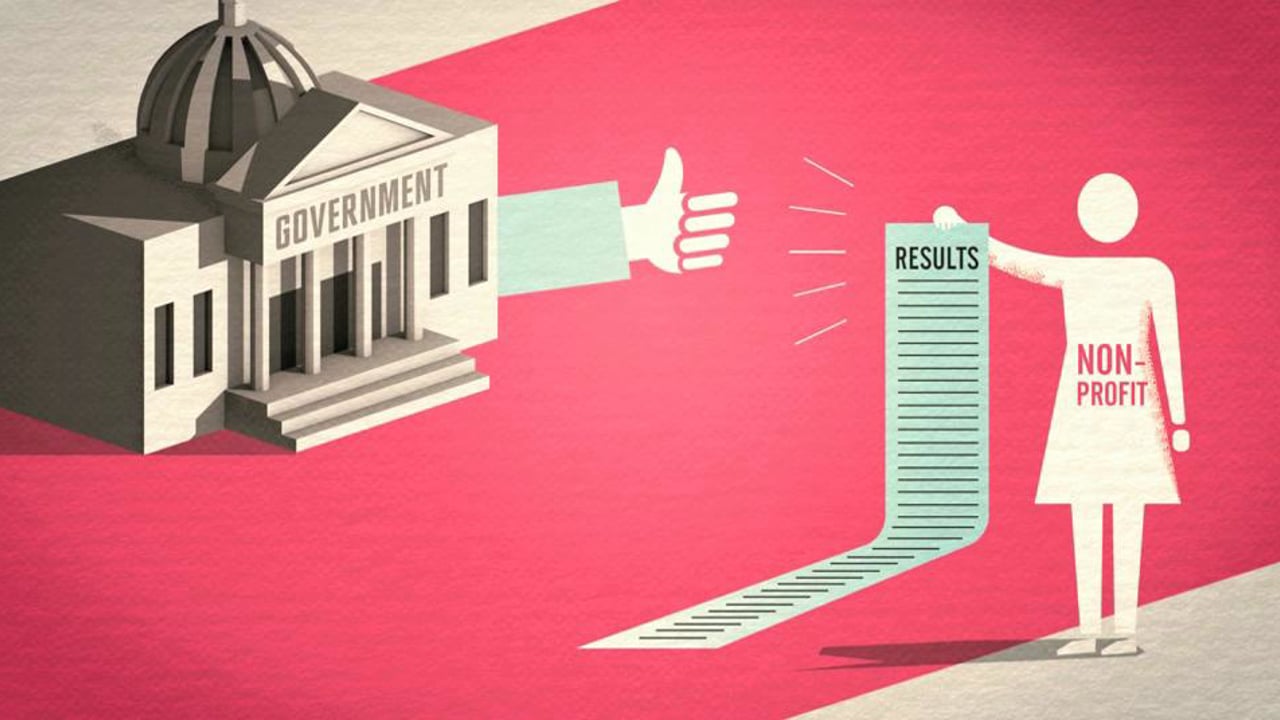India’s First Social Impact Bonds
The Pimpri Chinchwad Municipal corporation (PCMC) and United Nations Development Programme, India signed a Memorandum of Understanding to create the first Social Impact bond of India.
What are Social Impact Bonds?
A Social Impact Bond is also called pay-for-success bond or pay-for-success financing. A Social Impact Bond is basically a contract with public sector authority where it pays for better social outcomes. It is a form of outcome-based contracting. It aims at improving social outcomes for a specific group of citizens.
Key Features of Social Impact Bonds
- They operate over a fixed period of time.
- They do not provide fixed rate of return.
- The outcome of Social Impact bonds is completely dependent on success of social outcome.
- They are not affected by variables such as reinvestment risk, interest rate risk or market risk.
- They are subjected to inflation risk.
- It is hard to determine the success of Social Impact Bonds as they are based on social impacts.
Significance of Social Impact Bonds
The trend of investing in social environment and society has increased in recent years. It has become a way for investors to give back to the community and companies to expand their social responsibility. This will help to improve community awareness and involvement of social issues. The Social Impact Bonds seeks social, environmental and governance criteria or ESG Criteria.
ESG Criteria of Social Impact Bonds
The Environmental, Social and Governance Criteria are three central factors that measures the sustainability and ethical impact of the company. It is to duty of the company to take care of the three central factors. The three central factors are as follows:
- Environmental factors such as green house gas emission, resource depletion, pollution, deforestation, climate change.
- Social factors such as working conditions, health, safety, employee relations and conflict.
- Governance factors such as tax strategy, donations and political lobbying, executive remuneration, bribery, corruption and structure.
Month: Current Affairs - December, 2020


